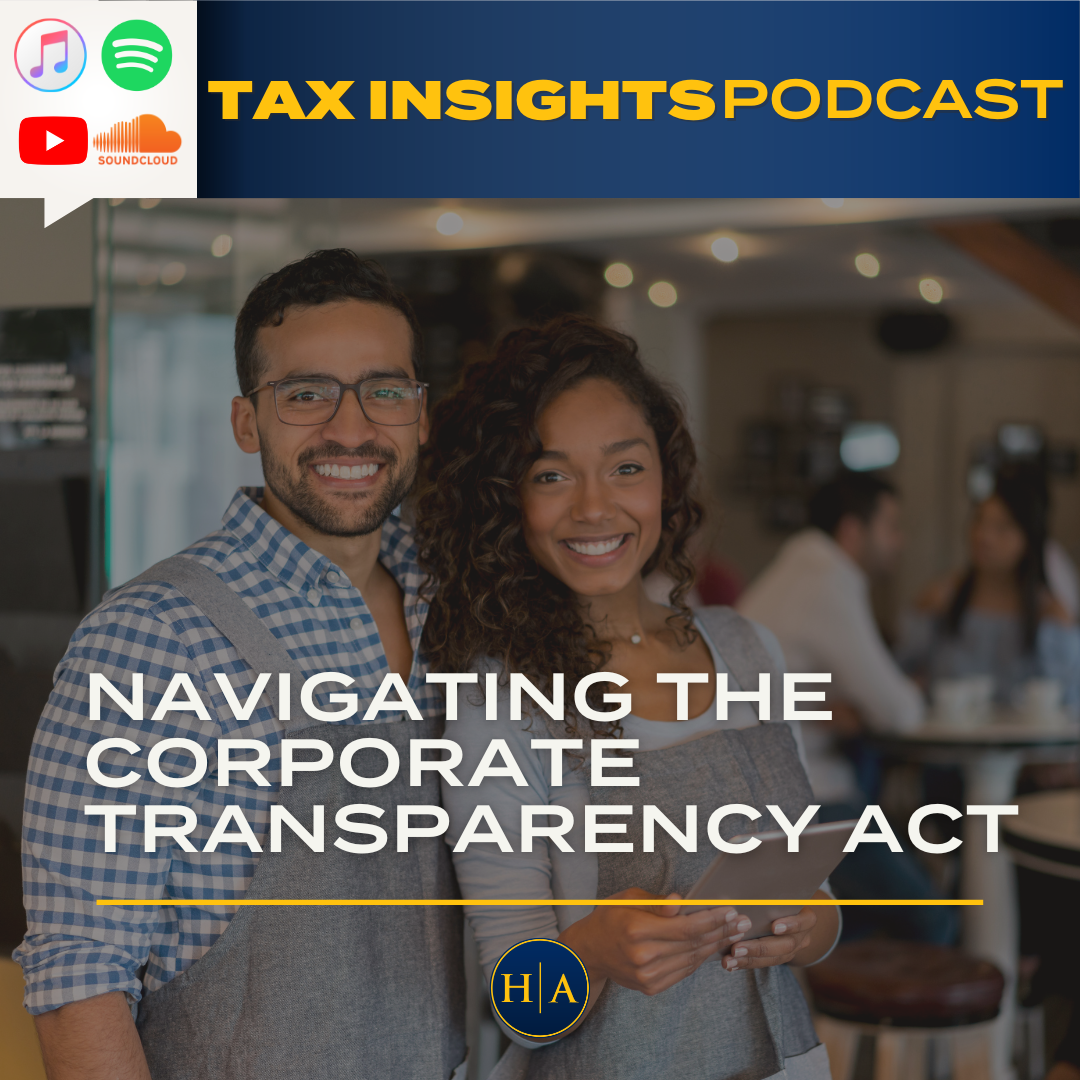What is the Corporate Transparency Act?
Host: Good morning, Jeff. It’s a pleasure to have you here. Can you provide our listeners with a brief overview of the Corporate Transparency Act and its significance?
Jeff: Good morning, Terry. Certainly. The Corporate Transparency Act, also known as Beneficial Ownership Information (BOI) reporting, is set to come into effect on January 1, 2024. This groundbreaking regulation mandates millions of businesses, from local LLCs to large corporations, to file a form with the US Department of Financial Crimes and Enforcement Network.
Host: This seems like a significant development. Is this the first time businesses are facing such a requirement?
Jeff: Yes, indeed. The Corporate Transparency Act is entirely new, though it has been in the works for a couple of years. The clock is ticking, and businesses need to prepare for compliance.
Host: What prompted the introduction of this act, and what is its primary purpose?
Jeff: The driving force behind the Corporate Transparency Act was the need to combat money laundering schemes prevalent across the country. Individuals were exploiting fake businesses and LLCs for money laundering. This regulation aims to enhance anti-money laundering efforts by compelling businesses to report the details of their ownership.
Who Needs to File the BOI Report?
Host: It’s clear that the act is addressing a crucial issue. Can you elaborate on who exactly needs to file the BOI report?
Jeff: Certainly. The reporting requirement extends to virtually every entity with ‘LLC’ or ‘INC’ in its name, encompassing everything from small rental properties to large corporations. If your business is registered with the Secretary of State and has such designations in its name, you’re likely required to file this report.
Host: Are there any exemptions for businesses, or is it a broad mandate?
Jeff: While there are exemptions, they are extensive, with twenty-three different categories outlined. However, for the local and small businesses we’re addressing today, the majority will likely need to comply with the reporting requirements. Larger multinational public firms might find certain exemptions, but for the most part, this act is all-encompassing.
What needs to be reported on the BOI Report to FinCEN?
Jeff: So with your company, you have to make sure you report to FinCEN, the company name, address, identification number, and also, most importantly, the owners of that LLC or corporation.
Host: What information then has to be reported for each of the beneficial owners and applicants?
Jeff: Same thing. So their name, address, social security number, and they also have to prove it’s them. They have to send along some kind of identification, like a driver’s license, passport, something that shows that they’re a real person and that they own this company.
Host: Those are the things from the owner’s point of view that need to be sent over. Okay. So as we talk about a beneficial owner, who is that specifically then?
Jeff: A beneficial owner is anybody that owns at least twenty-five percent of that entity. If you have brothers, sisters that own the company each twenty-five percent, well, they’re kind of deemed to own each other’s share. So they would essentially own fifty percent. Now you have to do it. So I would say to be on the safe side, you probably want to file this form and get it reported because the penalties can be large.
Host: Now, what about a company applicant? Who is qualified as just a company applicant?
Jeff: One of the owners just has to take charge of this and has to be that person that’s primarily responsible for filing this form. It’s normally the person that controls either the LLC or the partnership. That’s the person that’s going to be making sure that this gets filled out and also gets amended for when changes are made. Because we know that changes can happen.
What are BOI Filing Deadlines and Key Dates?
Host: I guess another question that we have here is who, when, I should say, when does the initial BOI report have to be filed?
Jeff: So even though the new requirement started as of January 1, 2024, you have a full calendar year to get that first report filed. So you have until January first, twenty-five, but here’s the kicker. For new entities that get started in 2024, they have to file this form within thirty days of their start date.
And also, once you file that first form, let’s say you have a change, an owner dies, or an owner does something. That change has to be done within thirty days of that change happening once you file that first form. So you get a year to file the first one, but if anything happens in the meantime, you have thirty days to make a change, which is a really tight window.





